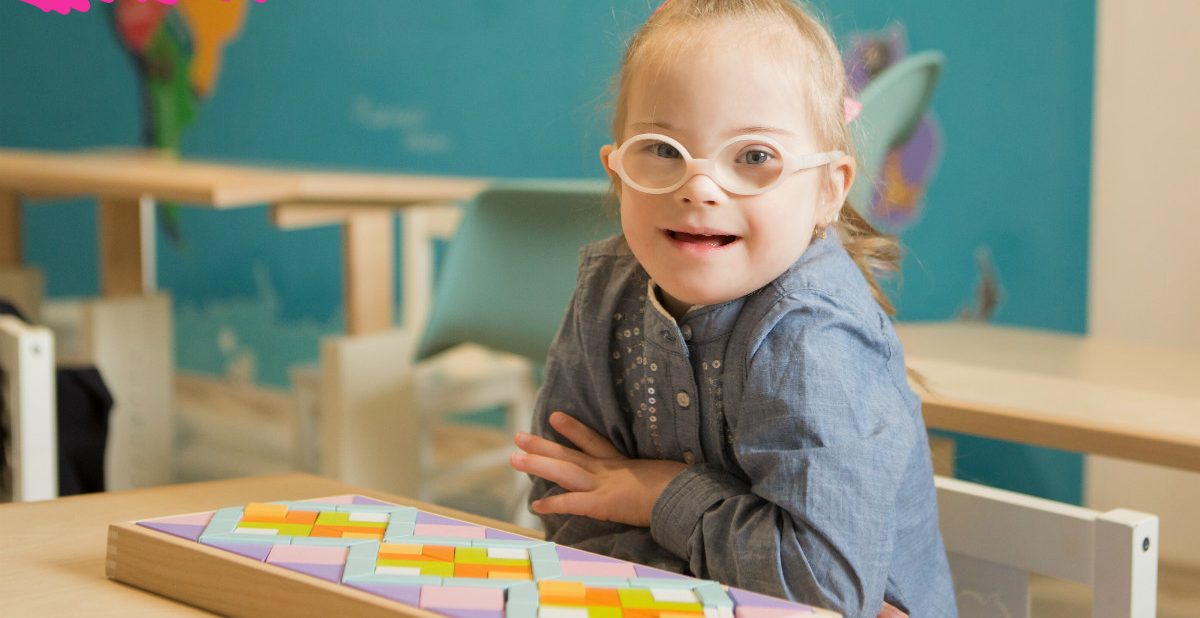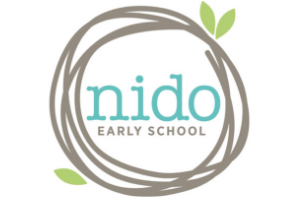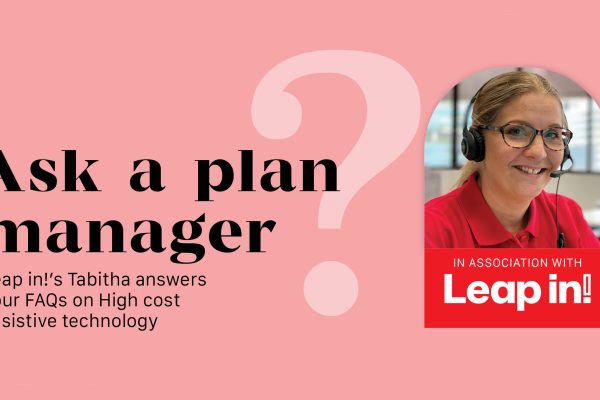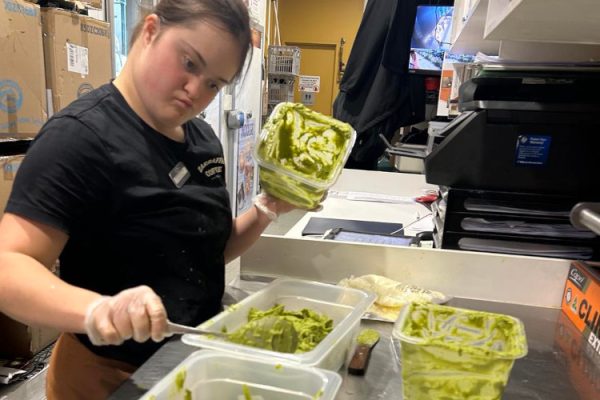
Inclusion policy makes all children feel special
ADVERTORIAL post provided by Anula Keenan, Nido Early School
Every child is special; then why do some parents of children with special needs battle to find an early learning service that welcomes every child, regardless of ability?
All children, regardless of their abilities, have a right to quality early education. This is crucial to a child’s physical and emotional wellbeing and we know that if we get it right early on, children have a greater chance of lifelong success.
As we know, there are big differences between early education services, and their approach to inclusion varies from one service to the next.
So, for those parents with a child who has special needs what should they do when it comes to finding the right early education service?
Obviously, the goal is to find a service that has a policy of welcoming and including all children, regardless of their abilities. But a policy is one thing, putting it into practice is where it matters and an inclusion policy is only worthwhile if it is embedded and embraced across all service operations.
A good starting point is to find services which follow the Reggio Emilia approach to early education.
Why Reggio Emilia?
Reggio Emilia is a unique, globally acclaimed approach to early childhood education which was started after the Second World War by an Italian educator and psychologist, Loris Malaguzzi. He believed that all children had rights, not needs, and every child had the right to discover the world.
In Reggio Emilia schools, each child is acknowledged and respected as having a different way of being a child.
A deep culture of respect and valuing of difference is embedded into the approach where inclusion enriches the community and the learning of all. At schools that are inspired by this approach, there is an enormous level of respect for the individual learning journey which is why inclusion works in Reggio.
Including, accepting and valuing students with special rights improves the practice of the educators plus it provides the other children and those within the wider school community with an opportunity to learn empathy and to accept difference authentically.
That’s why parents of children with special needs (or rights) looking for premium early learning services in Perth should investigate the network of Nido Early Schools which are inspired by the principles of Reggio Emilia.
Strange as it may sound at first, Nido doesn’t have a particular inclusion programme. But when you think about this in the context of every child having equal rights, it makes so much sense. Rather than following a particular programme of inclusion, Nido Early School adheres to the belief that inclusion is about ensuring that all children have access to high quality education and care – and that means that everyone is welcome.
Nadia Wilson-Ali, Nido Director of Education shares: “Nido means nest, and at Nido, we ensure all children feel a sense of belonging to that nest, regardless of race, background, ability or family structure. Inclusion to us means that we celebrate the multiple perspectives that diverse backgrounds offer, utilising the skillset of each person to bring learning to life. When we include all, everyone benefits. It’s as simple as that.”
Nido Early School works in partnership with the government-funded Inclusion Support Programme (ISP) which assists early education services to provide a quality inclusive environment for children with additional rights and to help embed inclusive practices into their delivery of early learning programmes. The ISP helps these providers to build their capacity and capability to include all children into the learning environment.
Nido also has strong partnerships with Familyworks and Communicare Family Services. Familyworks provides parenting essentials to support mothers, fathers and carers with young children and child centred, strengths-based early intervention that keeps abreast of trends and research while Communicare Family Services assists and enriches positive family functioning to build happy, healthy communities.
In addition, all Nido educators have ongoing professional training and strategies to support inclusion. Team members are also encouraged to take advantage of additional opportunities for further training if they feel that that would benefit their individual context at their early school.
As Kerri Kyte, Nido Development Manager says: ‘No two children are the same and therefore our approach to inclusion shouldn’t be standardised. Instead, we consider each child as an individual and we work with the child and their families to ensure that they are included.”
Parents might also be interested to learn that Nido always encourages families to invite any other professionals who are working with their children with special rights to visit the early school so that information and strategies can be shared. “Working together achieves more positive outcomes for the child and by using children’s strengths and interests, we can create an education programme which nurtures their development,” Kerri said.
She also noted that many parents chose Nido because of its inclusion policy and that the overwhelming feedback was that the welcoming and nurturing environment had been evident from the minute they walked into the school.
If you are curious to find out more about the Reggio Emilia approach to early education or want to find a Nido Early School near you, please visit www.nidoearlyschool.com.au


Anula Keenan has 8 years’ experience working as an educator and a leader within the Early Childhood sector. Her work drives her to improve the quality of care for children and the quality within the sector. She is passionate about building communities and culture and educating not only children, but families to embrace the power of the early years. Anula is currently an Educator at Nido Early School.






